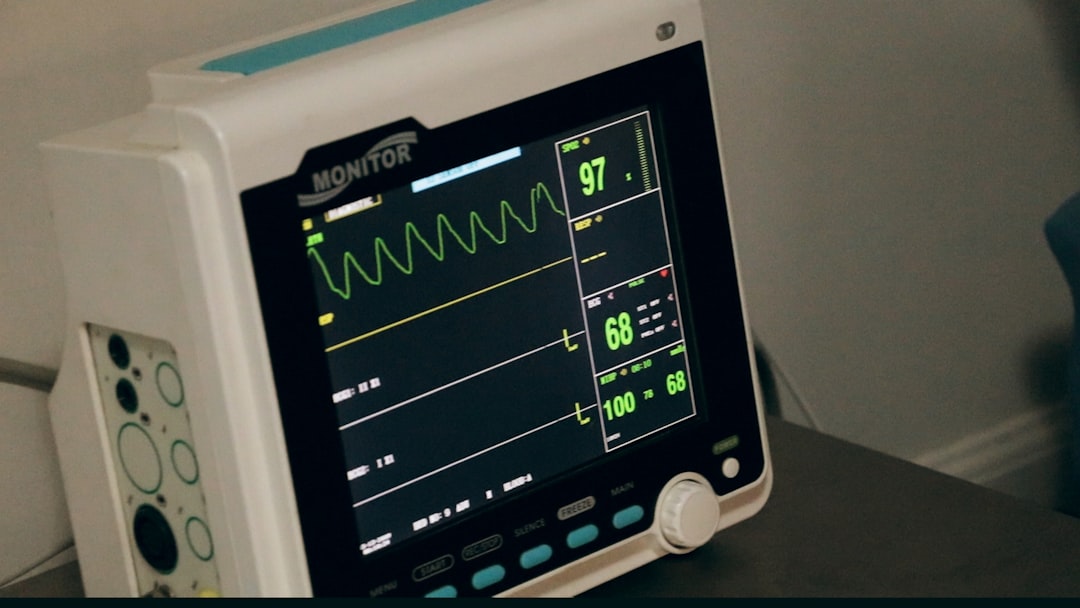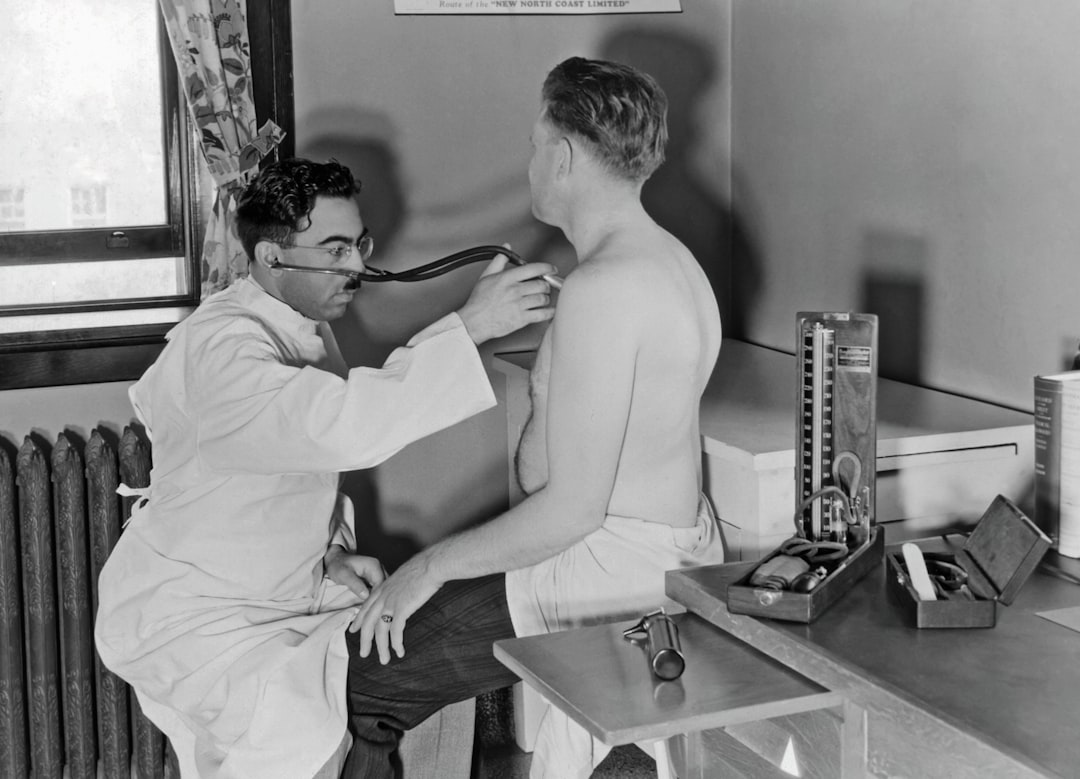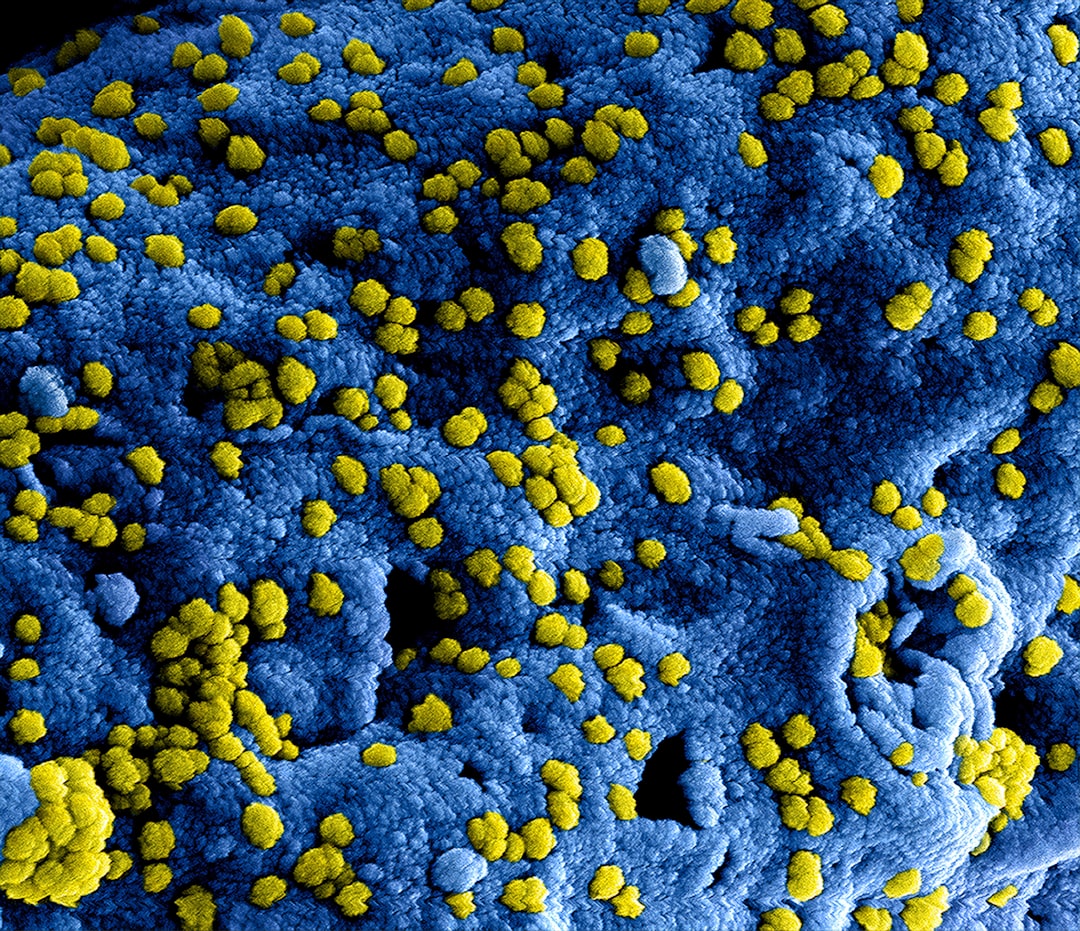What is it about?
The article is devoted to the disclosure of the role of proinflammatory mechanisms in the pathogenesis of cognitive stress in depression. Introduction: This narrative review addresses the clinical challenges in stress-related disorders such as depression, focusing on the interplay between neuron-specific and pro-inflammatory mechanisms at the cellular, cerebral, and systemic levels. Objective: We aim to elucidate the molecular mechanisms linking chronic psychological stress with low-grade neuroinflammation in key brain regions, particularly focusing on the roles of G proteins and serotonin (5-HT) receptors Results: The review reveals a complex interaction between neurotransmitter signals and immunoinflammatory responses in stress-related pathologies. It highlights the role of GPCRs and canonical inflammatory mediators in influencing both pathological and physiological processes in nervous tissue. Conclusion: The proposed Neuroimmunoinflammatory Stress Model (NIIS Model) suggests that proinflammatory signaling pathways, mediated by metabotropic and ionotropic neurotransmitter receptors, are crucial for maintaining neuronal homeostasis. Chronic mental stress can disrupt this balance, leading to increased pro-inflammatory states in the brain and contributing to neuropsychiatric and psychosomatic disorders, including depression. This model integrates traditional theories on depression pathogenesis, offering a comprehensive understanding of the multifaceted nature of the condition.
Featured Image
Why is it important?
The emerging insights into the molecular underpinnings of various diseases challenge the conventional dichotomy between somatic and mental illnesses. A potential unifying element in these diseases could be cellular and tissue stress. This encompasses universal mechanisms like oxidative stress, stress kinases, and inducible transcription factors, which are integral not only to normal physiological processes but also to para-inflammatory processes in tumor growth, and both canonical and non-classical inflammation. This understanding invites a reevaluation of the pathogenesis of depression and psycho-emotionally linked diseases from the vantage point of general pathology.
Perspectives
From a practical standpoint, the Neuroimmune inflammatory of stress and depression Model emphasizes the potential effectiveness of using immunomodulatory and anti-inflammatory treatments in managing stress-associated neuropsychiatric diseases, taking into account their side effects on physiological processes in the brain and other areas.
Evgenii Gusev
Institute of Immunology and Physiology, Ural Branch of the Russian Academy of Science, 620049 Ekaterinburg, Russia
Read the Original
This page is a summary of: Interplay of G-proteins and Serotonin in the Neuroimmunoinflammatory
Model of Chronic Stress and Depression: A Narrative Review, Current Pharmaceutical Design, January 2024, Bentham Science Publishers,
DOI: 10.2174/0113816128285578231218102020.
You can read the full text:
Contributors
The following have contributed to this page










